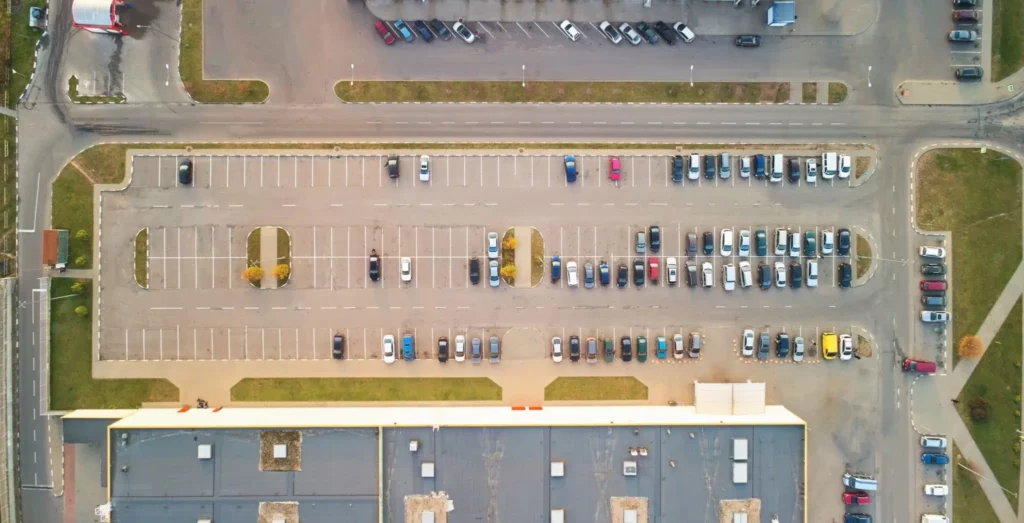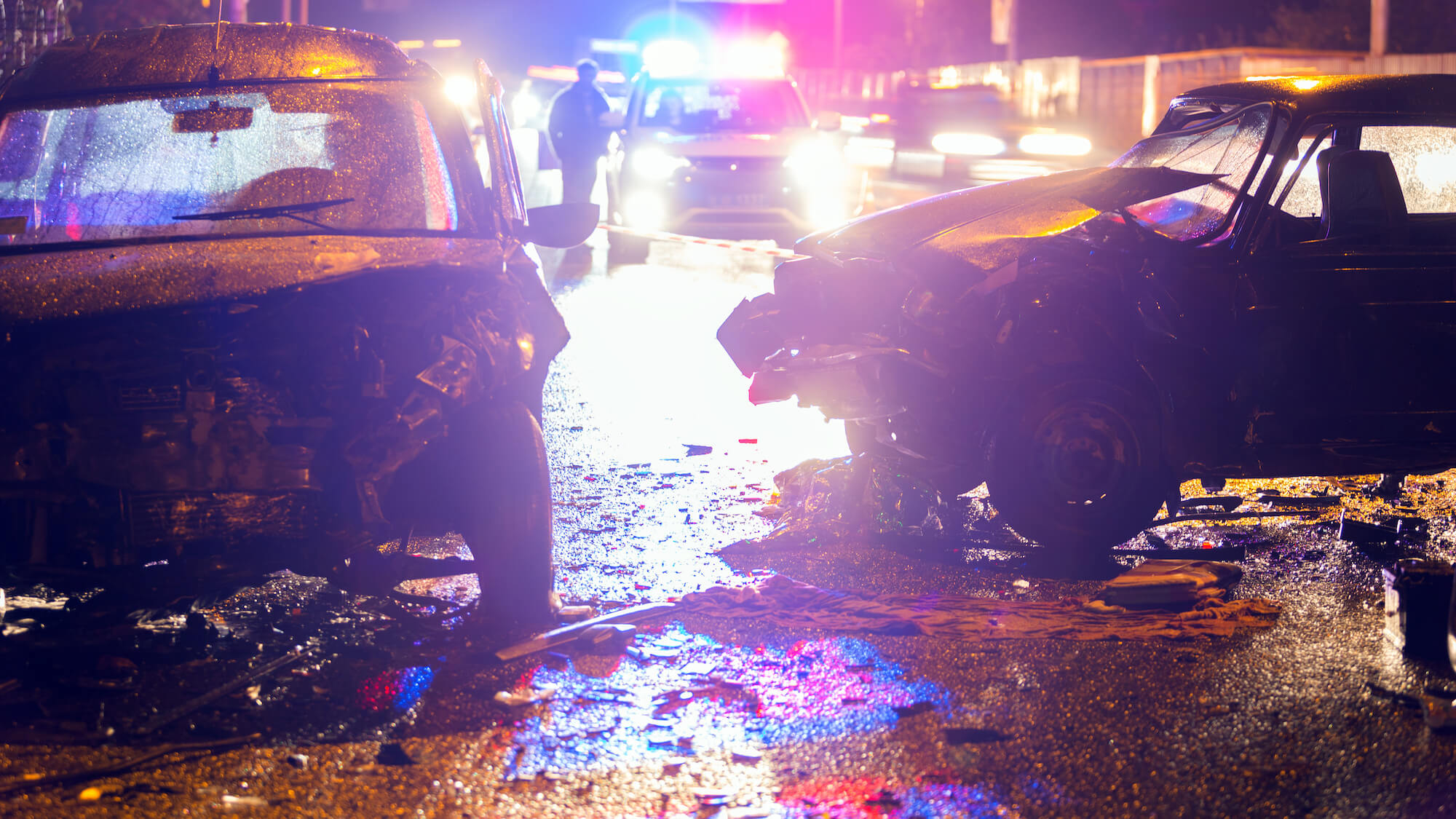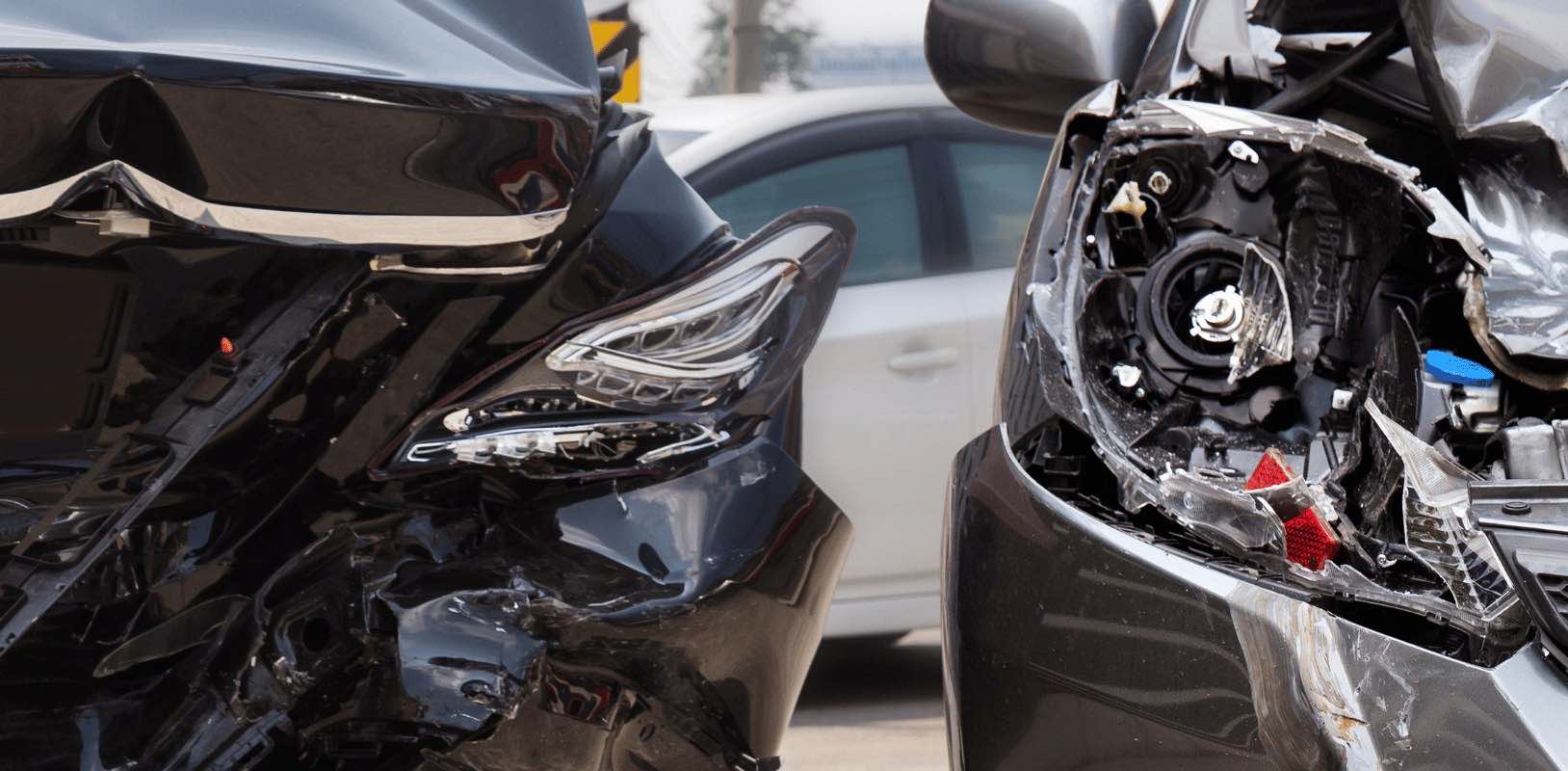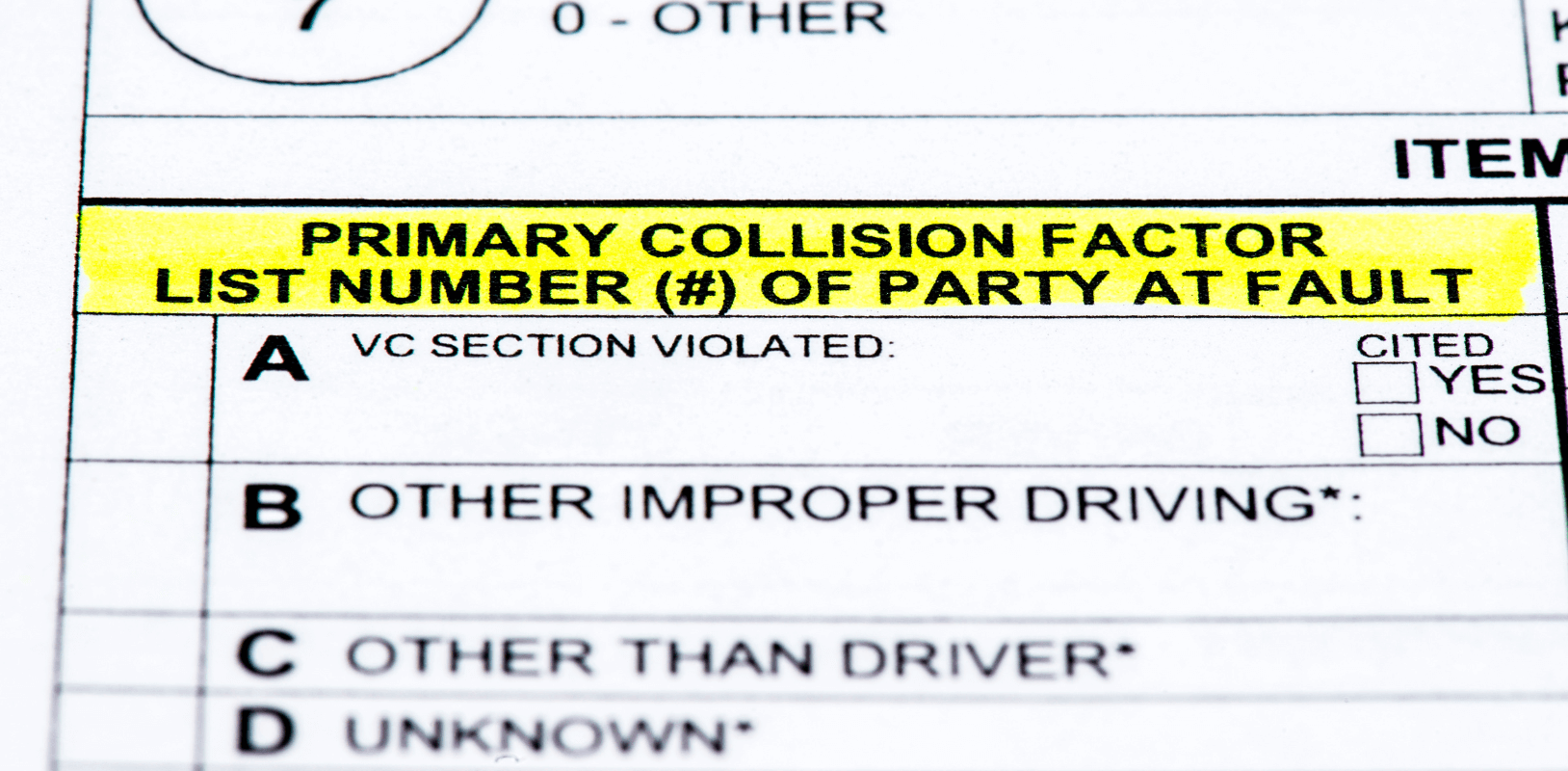The automobile industry was hit hard by the COVID-19 pandemic. Worldwide sales dropped from 74.9 million units sold in 2019 to 63.8 million units in 2020—and sales could have been worse if not for the resiliency of retail customers.
Now the economy is slowly recovering from the pandemic, but what can we expect in the future? What will COVID-19’s impact on car sales be in the coming months? Read on to learn more about the lasting impact of the pandemic and what experts predict for the industry.
COVID-19 Impact on Car Availability
You may have noticed that since the pandemic started, many car dealerships have been unable to fill their lots with rows of new cars and trucks. What happened?
Supply chain issues arose when COVID-19 forced factories in China offline. The factory closures led to a shortage of critical car parts. Attempts to restart production in 2020 were slowed as companies were unsure whether demand would bounce back quickly, which it did.
The demand for cars has returned to regular levels since the 2020 pandemic market. Despite record-high transaction prices, there are plenty of interested and able buyers. Increasing demand coupled with the vehicle chip shortage is the main reason for limited car availability today.
Vehicle Shortage Due to Chips

What are vehicle chips, and why is there a shortage?
Vehicle chips are also called semiconductor chips, car chips, or microchips. They work as an electrical circuit in electronics as simple as an electric toothbrush or as complex as an advanced car safety system.
Vehicle chips can be difficult to produce. There are only a few semiconductor chip plants worldwide. It can take up to 20 weeks to produce a chip, depending on the complexity of the chip.
The ongoing car chip shortage stems from low projections of demand during the pandemic. As shutdowns and quarantines took drivers off the road, automobile manufacturers assumed the demand for cars would remain low for some time. To keep from overstocking their inventory, they planned for fewer sales and canceled chip orders.
When demand for new cars increased, manufacturers weren’t ready to meet that demand. Consumers were buying more new cars that required more new chips, so the supply ran out.
The car chip shortage is an ongoing issue that has kept dealership lots from being replenished with new vehicles.
If demand for cars is high but the supply is low, how are recent vehicle sales affected?
Covid-19 Impact on Car Sales
Car sales remained low in the early months of 2022, even lower than 2021 sales. From May 2021 to May 2022, sales of passenger cars and light trucks decreased by -29.9%. Sales from January through May dropped by -19% from 2021 to 2022.
Below is a list of the top five best-selling vehicles in the first quarter of 2022 and the percentage change from 2021.
- Ford F-Series (-31.9% change from 2021)
- Ram Pickup (-15.7 %)
- Chevrolet Silverado (-6%)
- Toyota RAV4 (-12.6%)
- Jeep Grand Cherokee (+34.3%)
Comparisons to the first quarter were rough because of robust sales at the beginning of last year, especially in May. The slow sales this year can be blamed on the supply chain issues and vehicle chip shortage, though demand remains high. Many cars are arriving at dealerships marked as “pre-sold” because consumers are turning to online retail to buy cars before they make it to the dealership lot.
Automobile sales everywhere are generally down from past years, and new and old car sales have been affected similarly.
COVID-19 Impact on New Car Sales
Some newer models have performed well despite the car chip shortage. The sixth best-selling car for the first quarter was the Tesla Model Y, with 71,358 sold (+86.8% from 2021).
Not every car enjoyed the same success. New car sales fell to 12.8 million vehicles in May, an 11% drop from April. Near record-high prices and low inventory led to the lowest monthly sales since December and may signal further future economic troubles.
COVID-19 Impact on Used Car Sales
The used car market has been a seller’s market for about a year now but the market may be slowing down. Used car sales have been hit hard by inflation, as the chip shortage and high demand hurt the supply of new and used cars. Used car and truck prices rose by more than 10% in April and June last year, which amounted to roughly one-third of overall inflation throughout the spring.
Prices have steadily dropped through April this year, suggesting that now may be a better time to buy a used car.
COVID-19 Impact on Car Rental Industry

When travel was restricted and tourist attractions were closed in 2020, the car rental industry was worth about $95 billion. That valuation jumped to $102 billion in 2021 and is expected to reach over $186 billion by 2030.
While the industry will likely grow as travel restrictions lessen, the inflation of gasoline prices may impede car rentals. Economic vehicles are becoming a popular option for many renters because they require less maintenance and are more fuel-efficient. Industry leaders like Hertz are investing in electric and hybrid vehicles to address the younger generation’s desire for environmentally friendly transportation. In the coming years, renters can expect more fuel-efficient options and a streamlined rental process that makes renting an entirely digital experience.
COVID-19 Impact on Car Insurance Industry
In 2022, car insurance rates are increasing, on average, by 4.9%, and some areas may see a steeper increase. Progressive policyholders in Minnesota could see up to a 36% increase this year.
Factors behind the potential rate increases include inflation and supply chain disruptions. Between April 2021 and April 2022, the Consumer Price Index (CPI) rose 8.3%. That means that, on average, we spend 8.3% more than we did a year ago on the same goods and services, including healthcare, automobile parts, and electronics. Because car insurance pays for costs after an accident, anything that raises these costs will also increase the cost of car insurance.
Buying A New Vehicle After An Accident
Often, people are forced to replace their vehicle after an accident. Of course, if their vehicle is deemed a total loss, they have no choice but to find a replacement vehicle. However, they may also want to replace their vehicle even if it was not a total loss but was severely damaged yet still repairable. Vehicles are rarely the same after needing extensive repairs. While the responsible car insurance company may pay them the “market value” of their vehicle, that amount is often significantly less than the cost to actually replace the vehicle with something similar. This is particularly true now, due to the significant price increases resulting from the chip shortage. While the market increases in price due often require car insurance companies to pay more for the damaged vehicle, the amount they pay is still often far short of the replacement cost.
SJW Injury Attorneys
The increased costs of medical bills, insurance, and replacing your vehicle can make car accidents an even more overwhelming experience. We at SJW Injury Attorneys have extensive experience with motor vehicle crashes and are here to help answer your questions and address your concerns.
If you or a friend were seriously injured in a car accident in the Las Vegas area, our attorneys can help. Visit our website to learn more.






